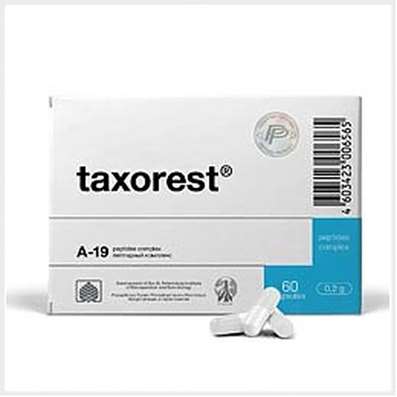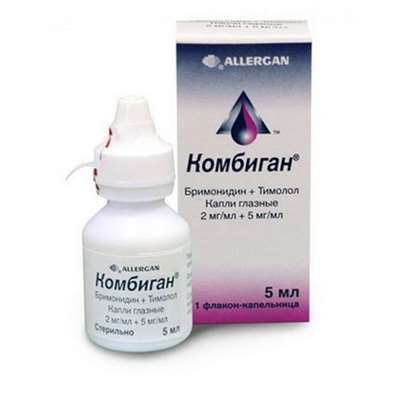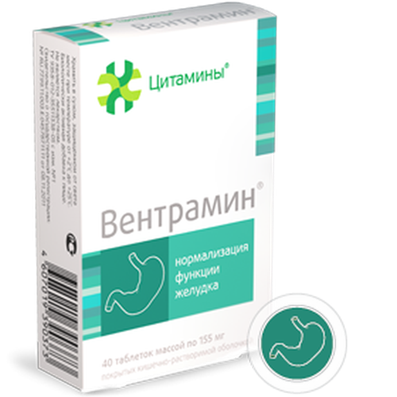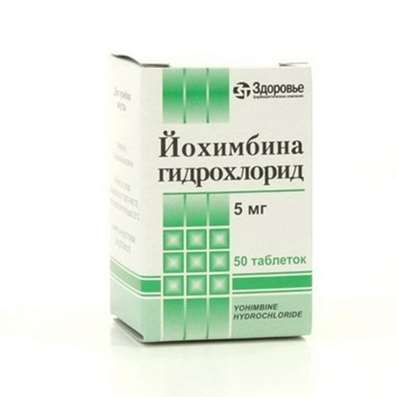Analogues of growth hormone
20 Oct 2017
Synthetic analogues of growth hormone are biopharmaceutical preparations, made on the basis of recombinant proteins, by means of genetic engineering manipulations. At the moment, genetically modified producers of these medicines most often use pathogenic and toxigenic strains of E. coli bacteria combined with artificially created chromosomes.
Properties of growth hormone analogues
Analogues of growth hormone obtained by genetic engineering are biologically equivalent to human endogenous somatotropin secreted by the cells of the anterior lobe of the pituitary gland and possess the characteristic properties:
- Stimulation of linear growth of bone tissue (tubular bones);
- Increase in width and thickness of bones;
- Maintenance of protein, carbohydrate and fat metabolism;
- Increased absorption and utilization of glucose;
- Stimulation of protein synthesis in muscles, ligaments and cartilages;
- Reduction of protein catabolism;
- Acceleration of amino acid transport;
- Stimulation of lipolytic (fat burning) processes;
- Normalization of metabolism.
Linking to the receptors of liver cells, genetically modified somatotropin, which is part of analog preparations, stimulates the synthesis and isolation of the insulin-like growth factor IGF-1 responsible for the intensity of growth processes.
Preparations of growth hormone, used in sports pharmacology
To date, in the sports pharmacology (in particular, the world of professional iron sport) for the rapid growth of muscles, increasing strength and the formation of relief muscles are used analogs of growth hormone from different manufacturers. In Russia, the most popular among athletes are the products of Anhui Anke Biotechnology (Group) Co., Ltd (China). By their pharmacological effect, they are no worse than European or American, but at the same time, their cost is more attractive to the Russian buyer.
The line of the most popular means - muscle growth stimulants include Ansomon, Gintropin, Hygentropine, Kigtopin, etc.

 Cart
Cart





